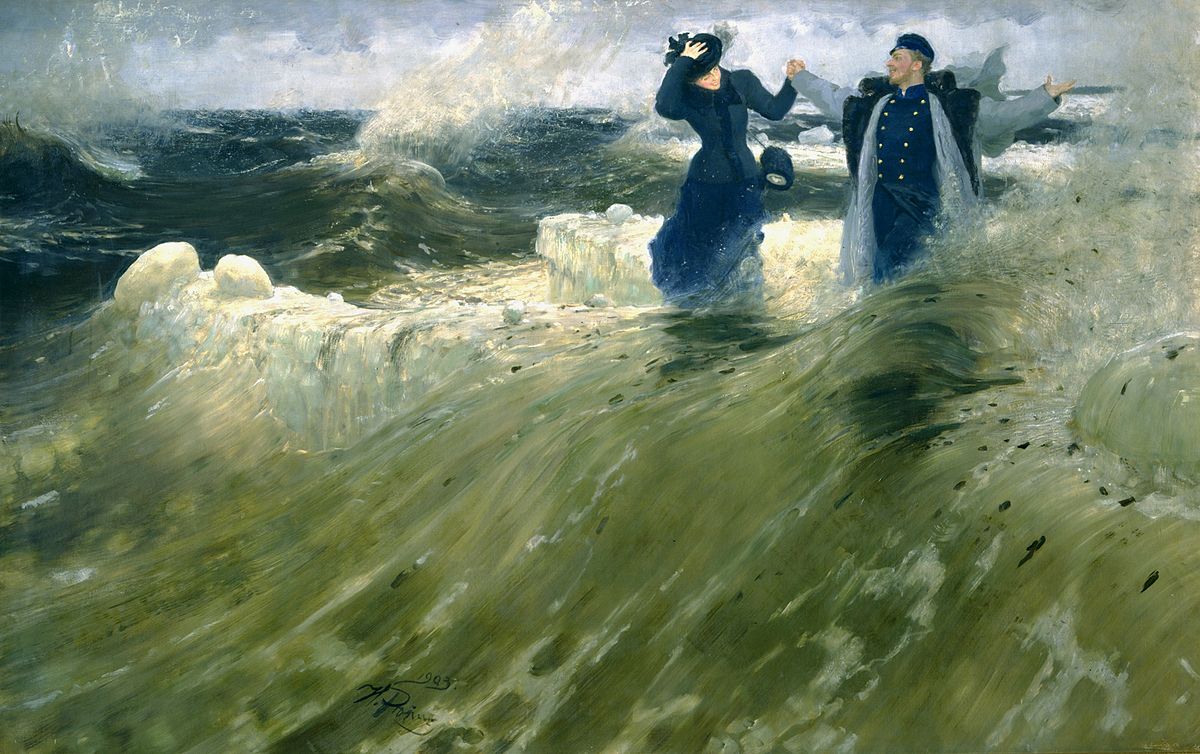Blog by Austin Lam, 4th Year Medical Student at the University of Toronto
“Poetry is the language of intensity. Because we are going to die, an expression of intensity is justified.” – Carolyne Wright
During my Internal Medicine rotation in third year, I found great joy in being able to connect with patients as I interacted with them through the course of their hospitalizations. To this end, I realized that I could weave my interest in literature into my routine of patient assessments. I began asking patients if they would like to do bedside poetry readings together on a weekly basis. For those who agreed, I brought different poems each week to read aloud together. This was paired with a question that I asked patients in gauging their big picture view on their life: “What three things bring joy to you?” Common responses included family, enjoyable activities that they did prior to hospitalization, and a desire to return home (not only in a physical sense, but also in a psychological sense of well-being, familiarity, and comfort). By gaining a sense of the patient’s compass of values (i.e., what matters to them), I was afforded the opportunity to appreciate their lived experiences outside of this slice of time that was their hospitalization.

Together, we read a range of poems, including W. H. Auden’s “The More Loving One,” Emily Dickinson’s “‘Hope’ is the thing with feathers,” T. S. Eliot’s “The Love Song of J. Alfred Prufrock,” Gerard Manley Hopkins’ “As Kingfishers Catch Fire,” Joseph Brodsky’s “1 January 1965,” and excerpts from Dylan Thomas’ “Prologue.” Each poem, with its varying themes, allowed me to explore with the patient how they related to their illness course, and in turn, how their illness course was situated within their overall life. Importantly, each poem also allowed an exploration of thoughts and ideas completely unrelated to their hospitalization. Over and above any utility that the readings might have aided in rapport building, the exercise afforded the co-creation of a space in which the hospital environment receded to the background for a moment, and the ethereal waves of life’s deeper layers came to the surface in which we immersed ourselves. This was felt when we read aloud, for instance, the repeated couplet from T. S. Eliot’s “The Love Song of J. Alfred Prufrock:”
In the room the women come and go
Talking of Michelangelo.
This might very well have been the “oceanic feeling” described and coined by novelist and essayist Romain Rolland in his correspondences with Sigmund Freud. Rolland described it as a “feeling of an indissoluble bond, of being one with the external world as a whole.”
A rolodex of poems was an image that frequently came to my mind. Almost to the sense that there is a poem for every occasion, I was reminded of the suggestion by Parisian psychiatrist and psychoanalyst, Jacques Lacan, that “We are our words, rather the other way around.” The words that we speak are not merely the output from a core self, but the words create and shape who we are. We are each truly authors writing out our own lives. In reading poetry together, the patients and I were able to interlace our respective stories in that particular moment of their lives and my life. Herein lies an ontology of the patient in philosophy of medicine. Neurologist Donald Borrett wrote about the antipode of the patient’s lived experience narrative, this being the idea of Gestell (i.e., the essence of technology), drawing on Martin Heidegger’s philosophy. Specifically, the idea of Gestell applies aptly to the biomedical model in the way that it acts as an enframing structure that shapes our experiences to the preclusion of other frameworks; by recognizing the Gestell-like qualities of the biomedical model, we can better appreciate our practical relation to this framework while countering its myopic tendencies. Borrett articulated: “The practitioner, while remaining within the biomedical perspective, understands authentic existence in which the patient is seen as her own possibility rather than as a passive recipient of external influences.” Poetry is one of the avenues to bring about this type of orientation towards an understanding of the patient’s life story at the nexus of illness experiences and equally, possibilities.
While poems manifest and touch individuals differently, they allow us to appeal to the unknown, to the metaphysical that transcends the particular circumstances of our lives. Leningrad poet Joseph Brodsky was an embodiment of this appeal to the metaphysical; fellow Leningrad writer Sergei Dovlatov described Brodsky as a “monastery of his own spirit” while existing under the yoke of the Soviet regime. The weekly poetry readings that the patients and I shared created a sanctuary — a monastery of our interlaced spirits — and I will always be grateful for the impact that they had on my life as I hope I did on theirs.
Austin Lam is currently a fourth-year medical student at the University of Toronto. He obtained his B.Sc. Honours in Psychology and Philosophy (minor) from McGill University.